On February 13, the Equatorial Guinean authorities confirmed an outbreak of the Marburg virus in the east of the country. Less than 24 hours later, the World Health Organization (WHO) called an emergency meeting on the subject.
Belonging to the same family as the Ebola virus (filoviridae), the Marburg virus is responsible for severe hemorrhagic fevers in humans. Without treatment, the virus can be fatal in up to 88 percent of people, but early treatment and good patient care can reduce the death rate.
What are the symptoms and how is the Marburg virus transmitted?
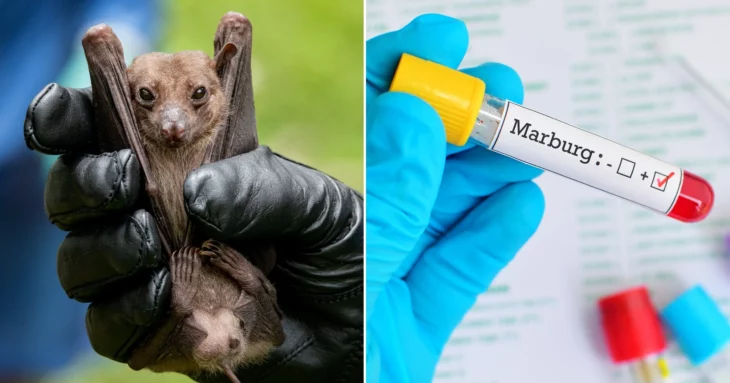
Marburg virus is transmitted to people by fruit bats and spreads between humans through direct contact.
Like the Ebola virus, the Marburg virus is spread through close contact with bodily fluids from infected people or surfaces such as contaminated bedding.
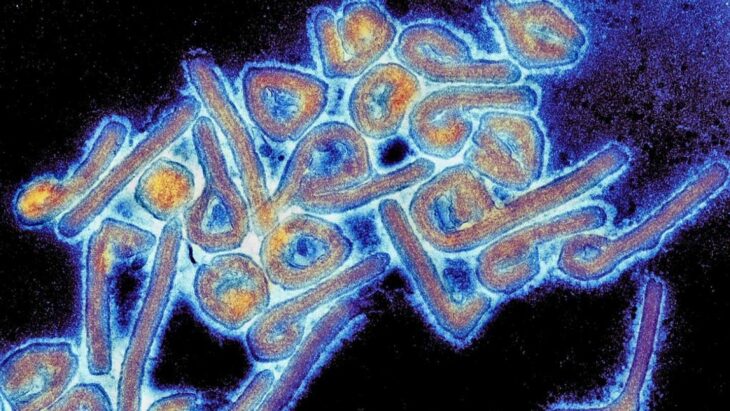
The most common symptoms are headache and abdominal pain, chills, rash, vomiting, and diarrhea.
As the disease progresses, multi-organ disorders, delirium and, above all, severe bleeding from the gastrointestinal tract may also occur. So far, no vaccines or specific therapies are available.
When did the outbreak alert start?
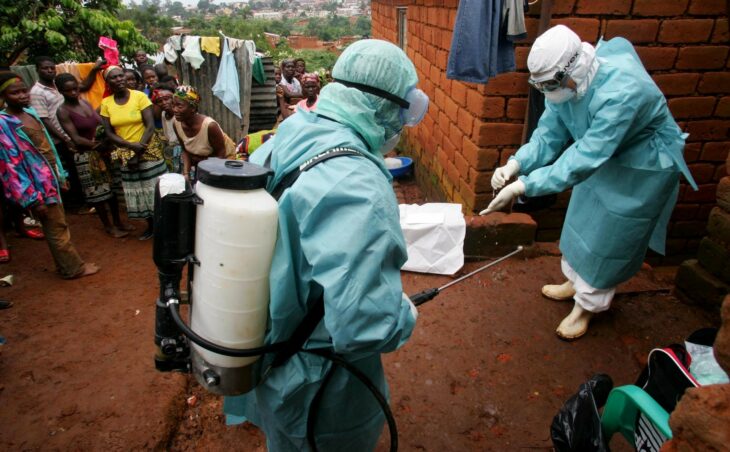
The alert was given on February 7, in the district of the Kié-Ntem province, in eastern Equatorial Guinea. This part of the country is bordered by Cameroon to the north and Gabon to the east. It is a rather rural and wooded area, with small towns and villages, without a large urban center.
Several patients presented the same symptoms and group deaths occurred, which triggered the alert. It is the first time that an outbreak has been confirmed in Equatorial Guinea. It is, therefore, a real emergency, in a country with no history of hemorrhagic fever virus.
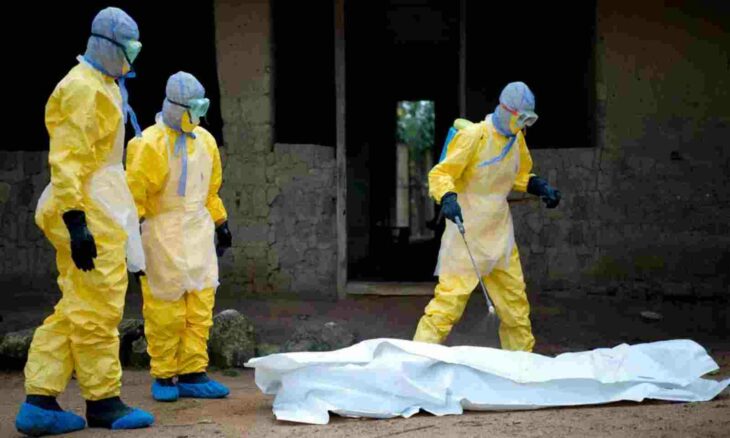
So far, nine deaths have occurred and 16 suspected cases have been registered.
Why did the WHO meet in an emergency?
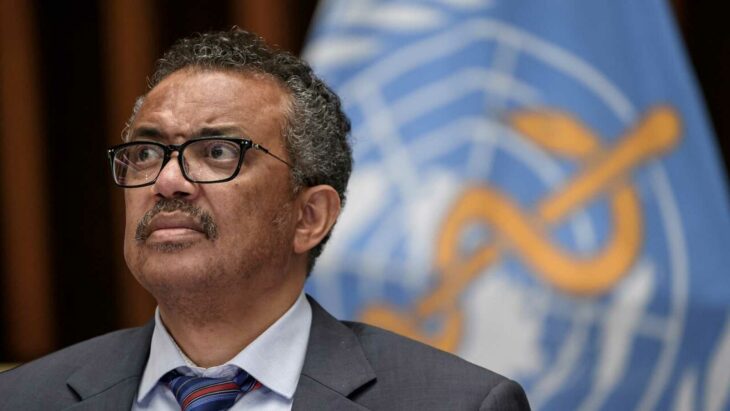
It is important to point out that the meeting of February 14 was not called to alert about a possible public health emergency of international importance, but rather that the objective of this meeting, in which Marburg virus specialists from various countries participated, was, among others, to take stock of the vaccines against this infectious agent and the treatments that are being developed: research and development status, clinical trials, etc.
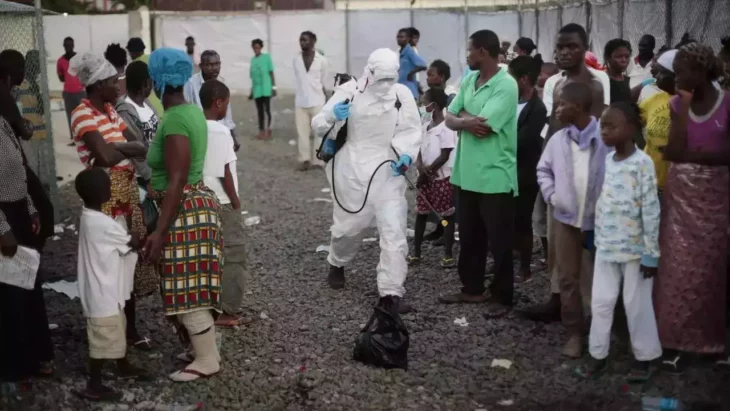
With no specific treatment for Marburg virus disease, neither preventive nor curative, various avenues are being explored, either by academic research or by the pharmaceutical industry.
The WHO and the experts want to prevent what happened in Uganda during the Ebola outbreak that affected that country between September 2022 and January 2023 from being replicated. This time, the idea is to react even faster to the recent virus outbreak in Marburg.
Source: Okchicas
I’m Ava Paul, an experienced news website author with a special focus on the entertainment section. Over the past five years, I have worked in various positions of media and communication at World Stock Market. My experience has given me extensive knowledge in writing, editing, researching and reporting on stories related to the entertainment industry.







